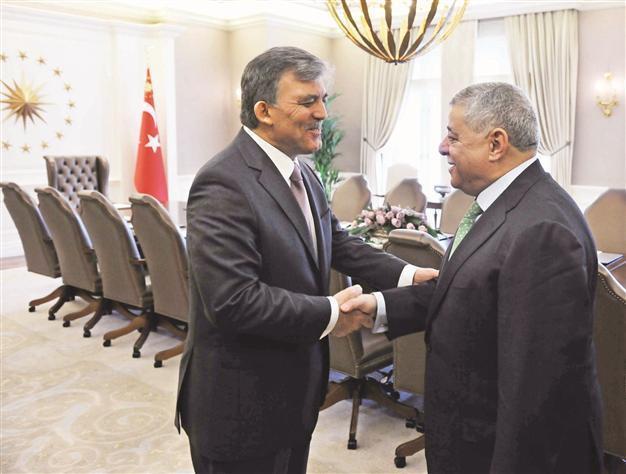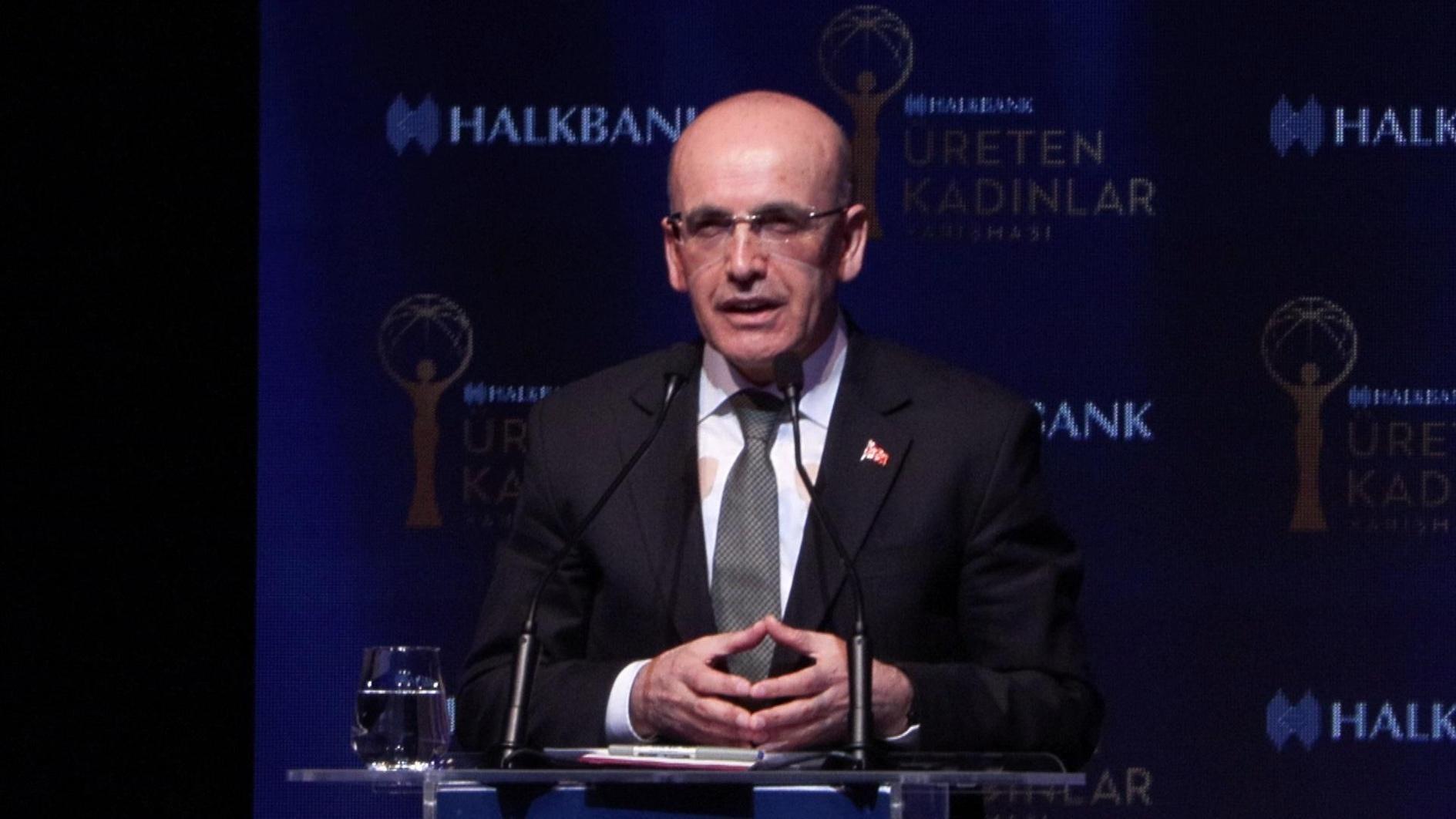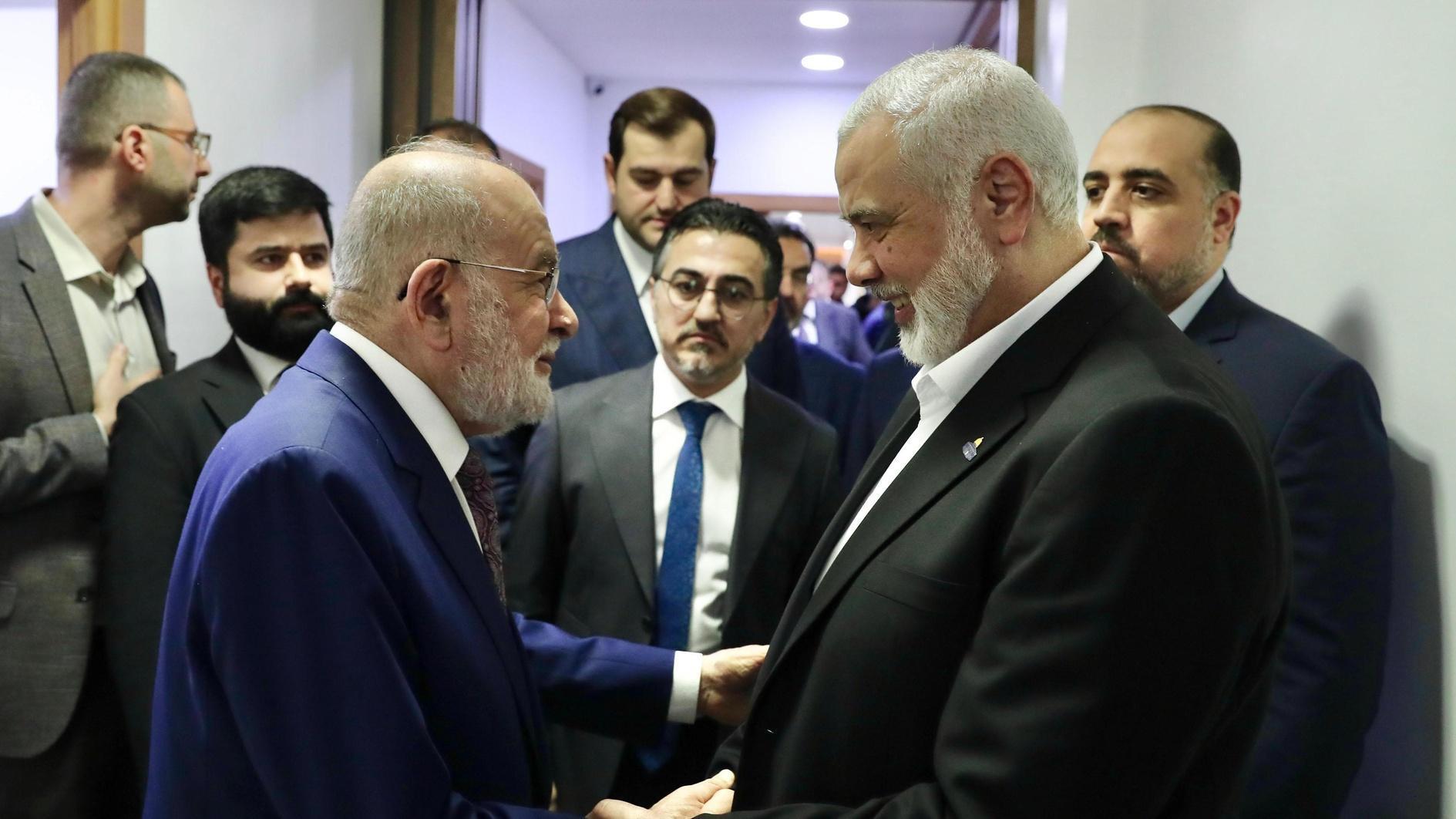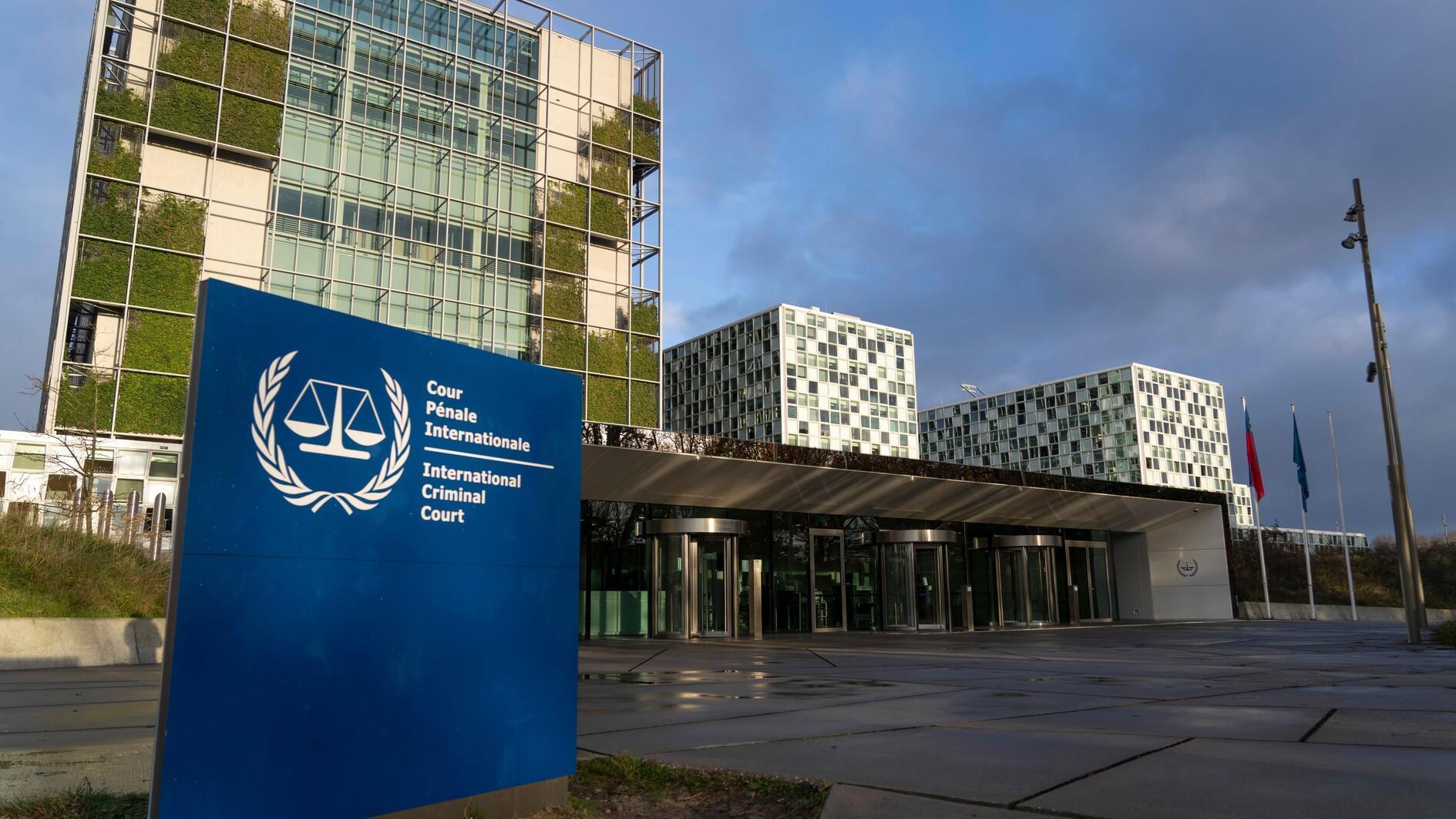Jordan’s PM resigns while visiting Turkey
AMMAN / ANKARA

Former Jordan’s Prime Minister Awn Khasawneh (R) shake hands with Turkish President Abdullah Gül in Ankara. AFP photo
Jordan’s prime minister resigned yesterday, just six months after he took office with a pledge to push for political reforms and as he was visiting Turkey.Sources told Hürriyet Daily News that Prime Minister Awn Khasawneh submitted his resignation to King Abdullah II before his visit to Turkey and his resignation was approved by King Abdullah II yesterday. Khasawneh hold a meeting with Turkish President Abdullah Gül yesterday, closed to the press. His resignation came barely six months after forming a government to bring in much-needed reforms said.
“His Majesty, the king, accepted Khasawneh’s resignation Thursday morning,” a senior official told Agence France-Presse. It was unclear why Khasawneh quit, but news reports quoted sources as saying that he was unhappy after the king extended parliament’s ordinary session until June 25. Khasawneh, 62, an International Court of Justice judge, formed his cabinet in October, becoming the third premiere in 2011, saying he had “received guarantees from the king to have full sovereignty as prime minister.” He won a comfortable vote of confidence for his government from parliament in December after pledging to push ahead with reforms.
Following his appointment, Khasawneh said he “vowed to fight corruption. Analysts have warned that his government could be a last-ditch shot at reform. But Khasawneh came under sharp criticism for proposing an electoral law that has been seen as a blow to pro-reform movements, including the powerful opposition Islamists. The long-awaited draft, which was approved by the cabinet earlier this month, scraps a contested one-person-one-vote system and increases a quota for women MPs. But the Muslim Brotherhood and its political arm, the Islamic Action Front, as well as other groups criticised the proposal, mainly for limiting the number of seats allocated to political parties.
















